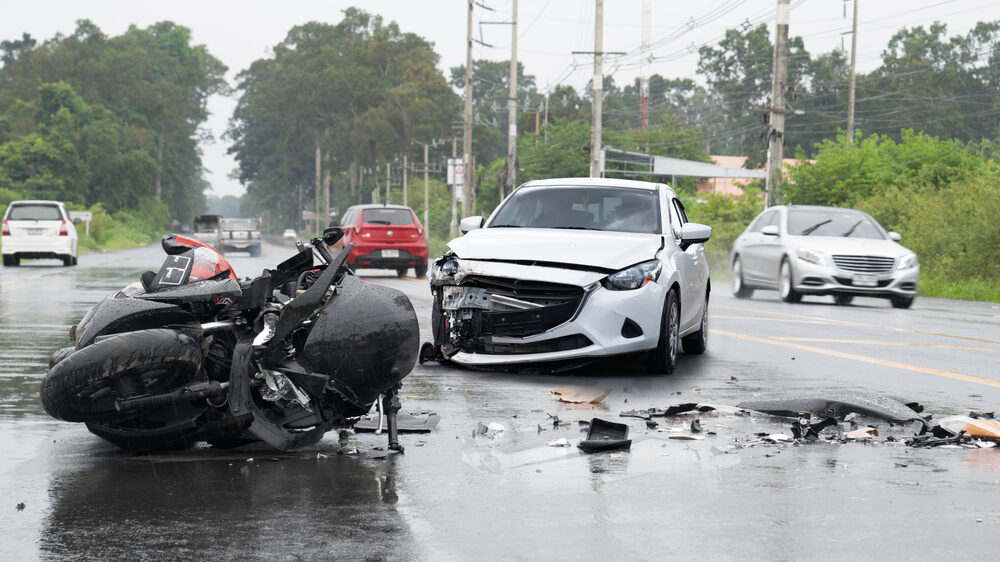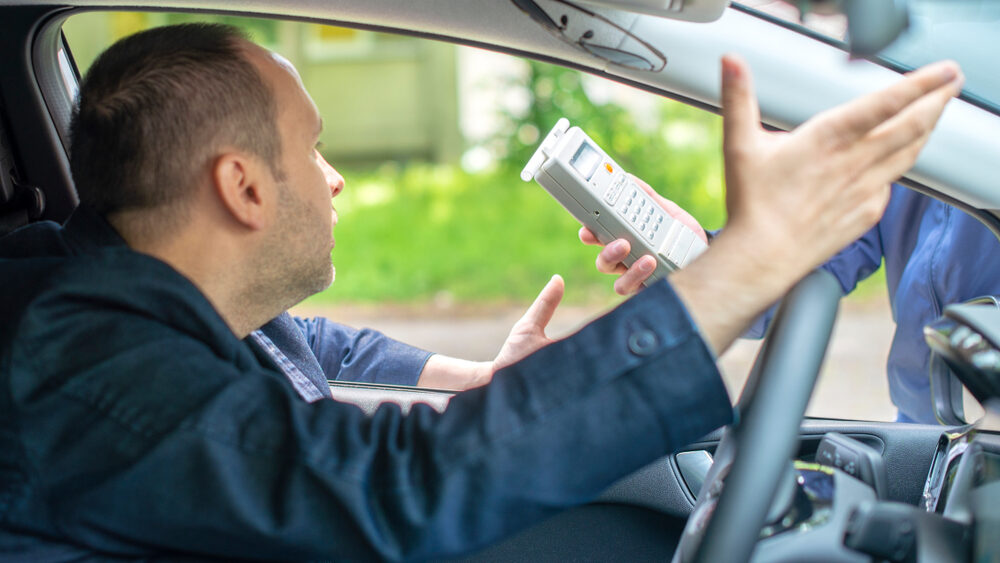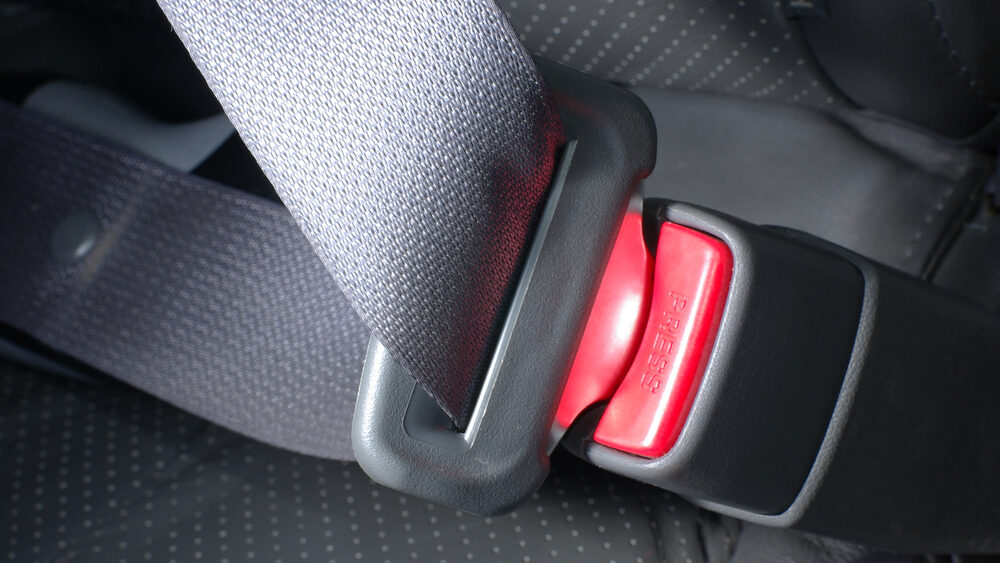35 Quick Tips for Handling Your Own Pennsylvania Personal Injury Car Accident Settlement
Perhaps you’re considering handling your personal injury case on your own, without the help of an Erie injury lawyer. You’ve come to the right place. Here are a few quick tips to consider as you consider how to proceed with your car accident injury case.
1. Make sure that you’ve got the correct address and identity of the person(s) responsible for the accident. If there was more than one potentially at-fault driver involved, make sure that you get everyone’s identity. Remember, the police report is a good place to start, but it may not be correct. Sometimes, the police make mistakes (just like everyone else).
2. If any of the involved drivers was working for someone else, make sure that you get the correct name and address of the employer.
3. Get the contact information of any witnesses to the accident.
4. Get the name and contact information of the insurance companies who insure the drivers who caused the accident.












